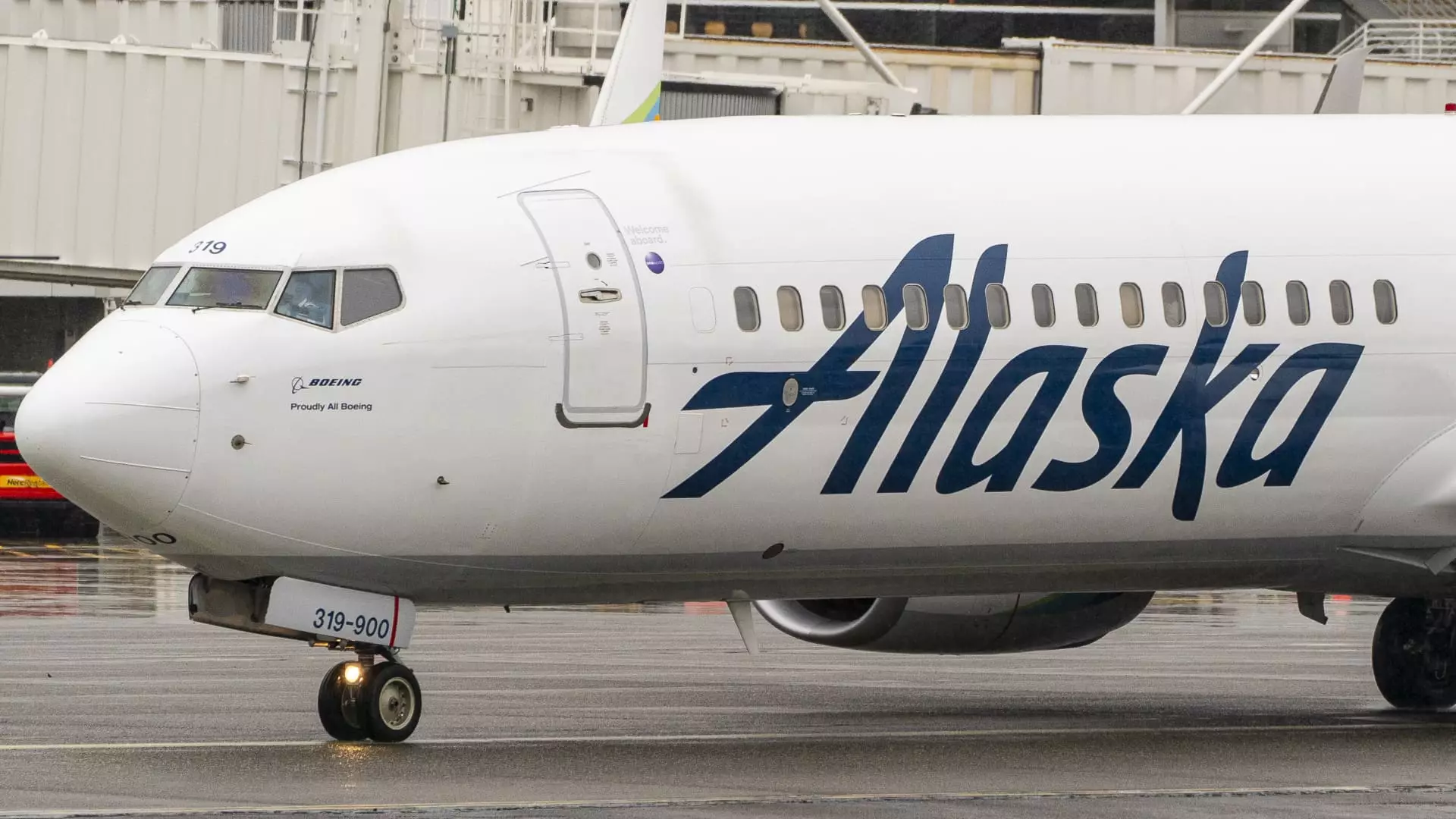In a surprising turn of events, Alaska Airlines flight attendants have made the decision to reject a new labor deal that was presented to them. This deal would have brought an immediate increase in wages averaging over 24%, which is a substantial raise for the attendants. The union representing the flight attendants, the Association of Flight Attendants-CWA, announced the rejection of the deal on Wednesday, citing the need for further discussions and negotiations.
The rejection of the labor deal comes at a critical time for Alaska Airlines as they are in the midst of a merger with Hawaiian Airlines. This decision has now opened up the opportunity for both the union and the airline to engage in more talks to address the concerns raised by the flight attendants. The union has stated that they will be surveying their members to identify key issues that need to be addressed before returning to the negotiation table.
The rejection of the labor deal by the Alaska Airlines flight attendants is reflective of a broader trend in the airline industry. In the aftermath of the Covid-19 pandemic, airline workers across the board have been pushing for better pay and improved working conditions. Salaries and fuel costs are major expenses for airlines, and negotiations have become increasingly contentious as workers advocate for higher wages.
While Alaska Airlines flight attendants have rejected their labor deal, other major players in the industry have made progress in their negotiations. American Airlines recently reached an agreement with its flight attendants union, with members currently voting on the ratification of the deal. On the other hand, United Airlines is still in the process of negotiating a new contract with its flight attendants’ union, indicating that these discussions are ongoing across various airlines.
The rejection of the labor deal by Alaska Airlines flight attendants highlights the complex nature of labor negotiations in the airline industry. As the industry continues to navigate the challenges brought about by the pandemic, both airlines and their workers are facing the need to find common ground on crucial issues such as wages and working conditions. The outcome of these negotiations will not only impact the individual airlines but also set a precedent for the industry as a whole.

